“Japan will officially institutionalize amicus curiae practice for Japanese patent and utility model infringement cases via statute on April 1, 2022. Hopefully, the new law will see swift success, particularly in litigations involving complex fact patterns and legal issues.”
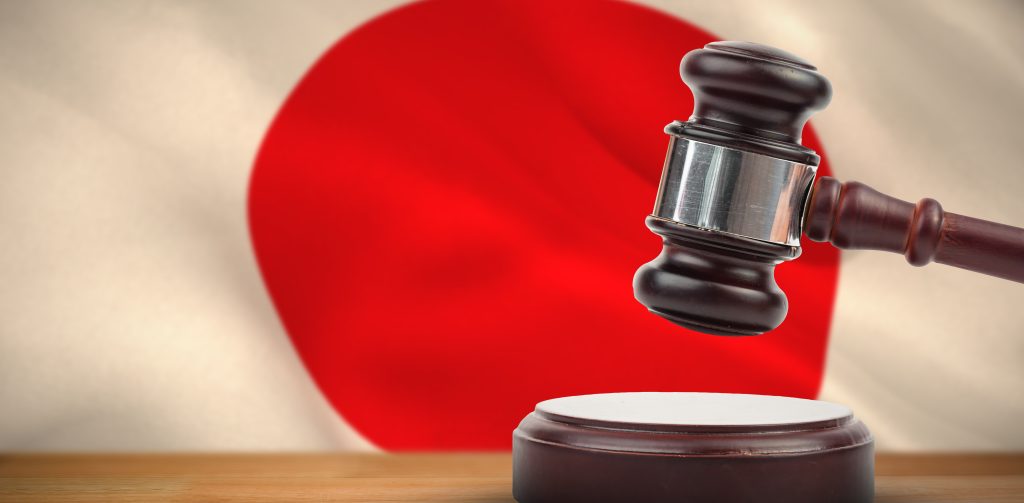 In the United States and other countries, there is a growing awareness and increasing appreciation of the purpose and value of amicus curiae practice as an aid in adjudicative decision-making.
In the United States and other countries, there is a growing awareness and increasing appreciation of the purpose and value of amicus curiae practice as an aid in adjudicative decision-making.
The role of an amicus curiae (“friend of the court”) brief in support of a party, or in support of no party, is to supply, voluntarily, the presiding court or other tribunal in cases of controversy with pertinent information, insights, or arguments in a formal, publicly accessible manner. Toward that end, a well-written amicus brief is one that is useful to the decision-maker(s) in calling attention to relevant or material factual or legal aspects of the issue(s) in contention – aspects that the decision-maker(s) or the party-litigants may not have been aware of or able to develop fully.
Amicus briefs are accepted and noted by the tribunal as a matter of judicial discretion, giving due consideration, inter alia, to: (1) their contents, (2) the governing rules of practice, (3) the parties’ assent to their submission, (4) the credibility and credentials of the amici and counsel, and (5) whether they were submitted sua sponte, or at the tribunal’s invitation, or at the request of a party.
Forthright, transparent amicus advocacy promotes correct case outcomes that can have far-reaching, positive jurisprudential implications and beneficial real-world consequences often far beyond the parties’ own particular interests at stake as expressed and argued in their briefs.
For a recently-published report in support of the foregoing, see, Hon. Marie E. Lihotz and Hon. Marianne Espinosa, Do Amicus Briefs Have Any Effect?, New Jersey Law Journal, Nov. 19, 2021.
Historical Backdrop
In the United States, the submission of amicus briefs is generally enabled and governed in large part, not by statutes, but by procedural rules born of judicial policies and practicalities. The legitimacy of U.S. amicus practice derives from the rights of “freedom of speech . . . or the right of the people to assemble peaceably, and to petition the Government for a redress of grievances” as set forth in the First Amendment of the U. S. Constitution.
Japan’s juridical experience with “houtei jogensha” (advisors to the court, ????? ), or “houtei no tomo” (friends of the court ,” ???? ), or “saibansho no tomo” (friends of the court, ????? ), is quite different from that of the United States. The Japanese Code of Civil Procedure (JCCP) was originally modeled after the 19th century European (and particularly German) legal systems as they existed at the time of the Meiji Restoration. Unlike the situation in the EU today, those earlier civil law regimes paid little attention to amicus practice, which may explain to some extent why the concept of submitting formal amicus briefs in contested cases failed to gain traction within the Japanese legal milieu.
However, beginning in the 1960s, occasional efforts were made by the Japanese law and business communities to introduce amicus practice into their country’s legal system. Later on, during the revision of the JCCP in the mid-1990s, there was a flurry of political lobbying in the Japanese Diet aimed at instituting a formal system of amicus practice similar to that in the U.S., but it produced no results and so the idea remained quiescent for decades – until a ground-breaking event that occurred several years immediately leading up to 2021.
The Impact of Samsung v. Apple on Japan’s Amicus Practice
The event that led to the eventual legislative establishment of amicus practice in Japan occurred in Samsung Electronics Co. Ltd. v. Apple, Inc., Case No. H25 (2013) (Ne) 10043 decided May 16, 2014 by the Japan Intellectual Property High Court. The case addressed whether a prevailing party is entitled to injunctive relief and money damages in a litigation over the interpretation of a supposedly fair, reasonable, and non-discriminatory (FRAND) royalty declaration pertaining to certain standard-essential patents (SEPs). During the appeal of the district court decision to the IP High Court, viewpoints regarding that issue were requested from a broad spectrum of non-parties for consideration. But why and how did that happen?
It was a bold and innovative judicial move. The IP High Court realized the extraordinary complexity and far-reaching importance of the case, and the consequent need for a fully-informed adjudication of it. So, in the exercise of its inherent judicial authority under the JCCP to control the proceedings, the Court allowed the parties’ lawyers to submit written comments from the public as evidence in support of their respective clients’ positions as part of the record in the case. As a result, scores of submissions were received from organizations and individuals in over a half-dozen countries where SEP licensing activities were prevalent and who perceived that their interests, both in Japan and elsewhere, would be affected by the precedent-setting outcome of the case.
The incident made a significant impression on Japanese judges and lawmakers. It sensitized them to the judiciary’s need—and that of a broad spectrum of affected non-parties—for a formalized system of soliciting, receiving, and taking into account the viewpoints of informed members of the public in order to foster correct decision-making in ever more complex and influential cases. Because there was no formal procedure in place for accomplishing this, there was thus born the idea of a statutory Japanese version of amicus curiae practice enabling and facilitating the orderly submission of information and viewpoints from interested non-parties on issues in contested cases.
The Legislation
On May 21, 2021, the Diet passed a law enacting a number of changes to the Japan Patent Act and the Japan Utility Model Act. Among them are the addition of Article 105-2-11 (1) – (4) to the Patent Act and the amendment mutatis mutandis of Article 30 of the Utility Model Act to introduce a formal, statutory system of amicus practice in the Osaka and Tokyo District Courts and in the IP High Court in trials and appeals involving issues of infringement of exclusionary rights under patents (including registered rights of exclusive patent licensees) and utility models. The legislation will enable the submission and judicial consideration of written comments from non-parties (daisansha iken boshu seido, ?????????), upon the tribunal’s granting of a party’s motion requesting same after duly considering any objections or other comments by the non-moving party or parties. Heretofore, in Japanese litigations where factual issues or the applicability of relevant legal standards were either unclear or subject to debate, opinions or publications of scholars or other non-parties were sometimes submitted to the tribunal by the parties in the hope that the tribunal would pay attention to them. Although this practice may still be appropriate in future cases across-the-board, the new legislation offers an alternative, more formal approach to amici participation in patent and utility model infringement cases.
In essence, what the legislation does is to enable non-parties qua amici curiae to gain the tribunal’s attention through the timely submission of formal amicus briefs. Hence, for the first time in the annals of the Japanese legal system, interested members of the public both within and outside Japan will be able to weigh in on their own volition and be heard in infringement cases in the Tokyo and Osaka district courts and in the Japan IP High Court.
The new law will take effect on April 1, 2022. On September 30, 2021, the Japan Ministry of Economy, Trade, and Industry or “METI” announced the promulgation of administrative rules implementing provisions of the new law as it relates to patent applications; administrative rules implementing amicus briefing procedures have not been announced.)
The official Japanese version and a section-by-section English translation of the present JCCP can be found here. An unofficial, interim English translation of new Article 105-2-11 (1) – (4) of the Japan Patent Act reads as follows:
- The court provided for in each item of Article 6, paragraph 1 of the Code of Civil Procedure may, in the first instance of a suit for infringement of a patent or a registered exclusive license right, upon the motion of party, if it finds it necessary, hear opinions of the other party and request the general public to submit written comments regarding the application of this Act to the case, and other relevant matters, within a reasonable period.
- The Tokyo High Court, where an appeal of a final judgment in a suit for infringement of a patent or a registered exclusive license right rendered in the first instance by a court provided for in the items of Article 6, paragraph 1 of the Code of Civil Procedure has been filed, may, in the suit on appeal, upon the motion of a party, if it finds it necessary, hear the opinions of the other party and request the general public to submit written comments regarding on the application of this Act to the case and other relevant matters, within a reasonable period.
- A party to a case may request a court clerk to allow inspection of written comments submitted pursuant to the provisions of the preceding two parts, or to deliver an authenticated copy, transcript, or extract thereof.
- The provisions of Article 91, paragraph 5 of the Code of Civil Procedure shall apply mutatis mutandis to the inspection and copying of documents submitted pursuant to the provisions of paragraphs 1 and 2 hereof.
Implications and Challenges
The legislation is a watershed in the development of the Japanese legal system. It enables individuals, companies, governments, and other entities throughout the world as members of the general public, to participate as amici curiae in Japanese trial and appellate proceedings in infringement cases involving patents or utility models whose outcomes may be pertinent to their legitimate interests in Japan and beyond. Thus, for the first time, non-parties will now be able to have their voices heard by contributing their views and perspectives as amici curiae, informing the deliberative and decision-making processes in the aforementioned fora. For instance, on May 25, 2021, the Supreme Court of Japan declined to enforce a U.S. court’s punitive damages award in a trade secrets misappropriation case that had been successfully litigated in the United States by a U.S. company against a Japanese defendant. Aside from the public policy differences between Japan and the United States regarding punitive damages, if the case had involved issues of patent or utility model law instead of trade secrets, and if interested non-parties had been able to file amicus briefs in the district court or in the IP High Court, then one wonders whether the outcome would have been different.
An interesting and potentially attractive aspect of the legislation is the possibility that an amicus’s reasonable expenditures (hard costs plus legal fees and other expenses) incurred in preparing, serving, and filing a brief will be treated under the operative tax laws as ordinary and necessary – and hence, tax-deductible – business expenses impacting the amicus’s interests or operations. This would fiscally incentivize non-tax-exempt entities to consider more proactively preparing and filing amicus briefs in cases appropriate to their legitimate concerns.
Another attractive feature of the legislation is that it will motivate entities within and outside Japan to monitor, through local counsel, the progress of infringement litigations in the Osaka and Tokyo District Courts and in the IP High Court whose outcomes would likely impact their own immediate or long-range interests and business goals. By submitting amicus briefs in selected cases, their views would merit the attention of decision-makers, particularly in cases involving, for example, SEPs, FRAND declarations, artificial intelligence, the internet of things, pharmaceutics, biotechnology, and other disciplines that entail complex, cutting-edge technologies and inventions whose outcomes would have cross-border /cross-cultural consequences.
As is often the case early on with innovative legislation, there are drawbacks and challenges associated with the present enactments. As explained below, the new law enables the filing of amicus briefs only in patent and utility model infringement lawsuits. And such briefs will not be publicly accessible unless they are selected and offered in evidence by a party.
A challenging aspect of the legislation is that the tribunal will itself decide as a matter of discretion whether or not to permit the submission of amicus briefs in a given patent or utility model case and only after considering and granting a party’s contestable motion requesting it. By contrast, tribunals in other countries, including the United States, generally allow the submission of and public access to amicus briefs as a matter of course in accordance with administrative rules of procedure in the particular forum. Briefs that are submitted are then considered and relied on or cited by the tribunal at its discretion and subject to potential opposition by a party.
The details and benefits of Japan’s new amicus practice may not be fully understood or readily appreciated by those unaccustomed to IP litigation. It may take time before realization sets in regarding the full scope of opportunities and benefits of Japanese statutory amicus practice that await them, their clients, Japanese society, and the international business community.
In sum, it behooves individual lawyers, bar associations, and industry groups to promote greater understanding of the new law and to lobby for further legislation in ways that will incentivize the Diet to enlarge the scope of and refine the details of amicus practice consistent with that in other countries.
Japan will officially institutionalize amicus curiae practice for Japanese patent and utility model infringement cases via statute on April 1, 2022. Hopefully, the new law will see swift success, particularly in litigations involving complex fact patterns and legal issues. That happy eventuality will intensify expectations that amicus practice in Japan will evolve sooner rather than later toward further alignment with other countries by the adoption of additional precepts and protocols of amici participation in contested cases, and become an accepted and integral feature in all areas of Japanese law, as it is in other countries.
The Association of Amicus Counsel (AAC), an independent advocacy group whose members are entrepreneurial lawyers having diverse professional backgrounds, affiliations, and law practices, also contributed to this article.
The authors thank Mariko Sasahara, Takashi Yamamoto, Akihiko Hara, Yosuke Sogo, and Masatoshi Kurata, who are IP practitioners in Japan and/or are members of the New York State Bar, for their helpful comments and encouragements in the creation of this article.
Image Source: Deposit Photos
Image ID:149417964
Copyright:vectorfusionart

![[IPWatchdog Logo]](https://ipwatchdog.com/wp-content/themes/IPWatchdog%20-%202023/assets/images/temp/logo-small@2x.png)

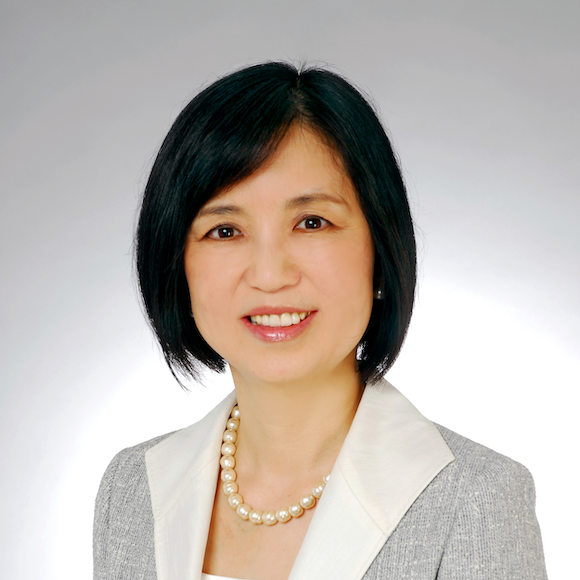
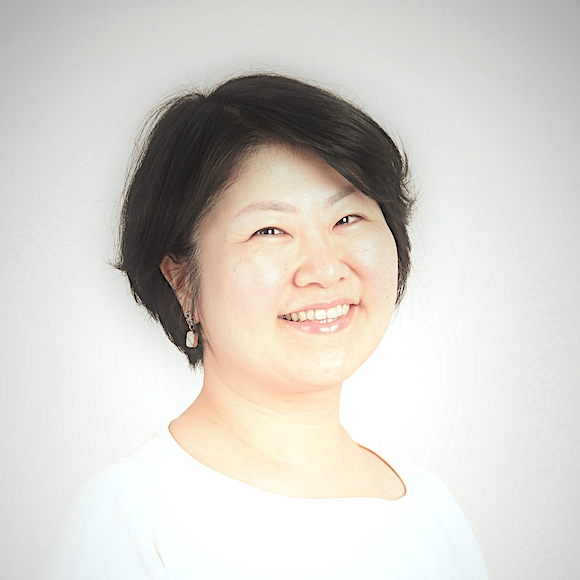
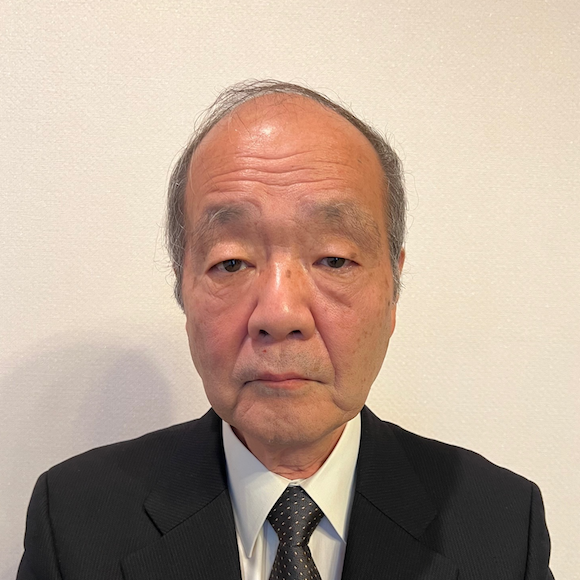
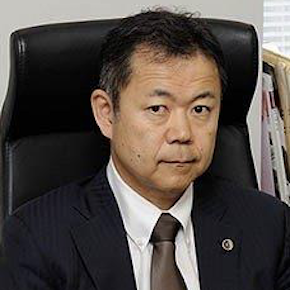
![[Advertisement]](https://ipwatchdog.com/wp-content/uploads/2024/04/Patent-Litigation-Masters-2024-sidebar-early-bird-ends-Apr-21-last-chance-700x500-1.jpg)

![[Advertisement]](https://ipwatchdog.com/wp-content/uploads/2021/12/WEBINAR-336-x-280-px.png)
![[Advertisement]](https://ipwatchdog.com/wp-content/uploads/2021/12/2021-Patent-Practice-on-Demand-recorded-Feb-2021-336-x-280.jpg)
![[Advertisement]](https://ipwatchdog.com/wp-content/uploads/2021/12/Ad-4-The-Invent-Patent-System™.png)







Join the Discussion
No comments yet.